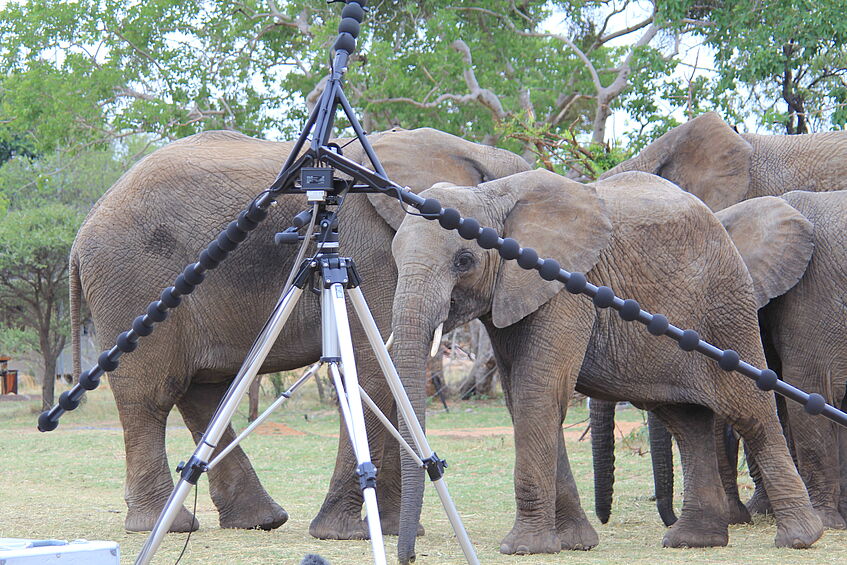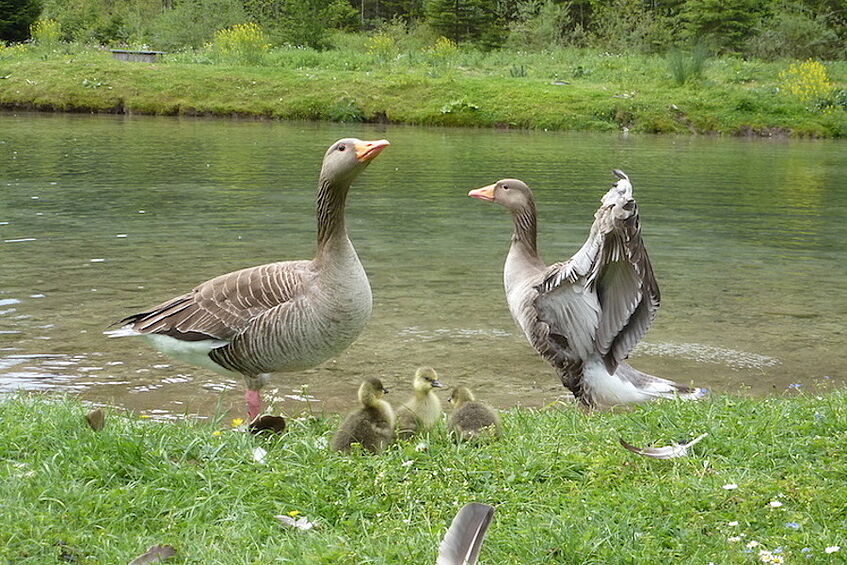Behavioral & Cognitive Biology
Speaker: Thomas Bugnyar


Why do species living in complex social groups have large brains? How do new behavioral patterns and knowledge structures emerge in/through communicative processes? How do cognition and emotion interact in shaping social interaction and behavior? What are species-specific adaptations and what is the degree of inter-individual plasticity in coping with environmental challenges?
Questions like these illustrate our aim to understand cognition and behavior in human and non-human animals from a broad comparative perspective, focusing on proximate (mechanistic and developmental) and ultimate (phylogenetic and adaptive) research questions, which are investigated in the field, in urban environments, and in our laboratories. Within CoBeNe, our program stands out for its evolutionary approach with the focus on whole organisms interacting with their environment. We integrate various conceptual and methodological approaches from biology (e.g. physiology, ecology, and neuroscience), communication research (e.g. bioacoustics, linguistics, and musicology) and psychology (e.g. comparative and developmental psychology).
